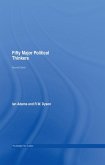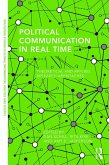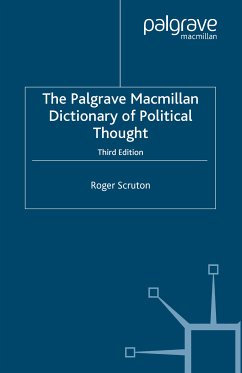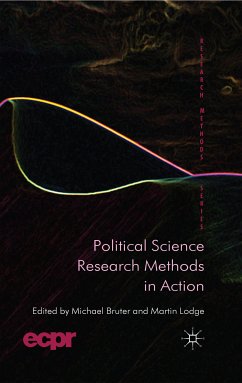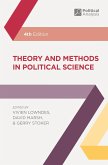This original account of the role of philosophy and methodology in political science gets back to the basics of studying politics. Cutting through long-standing controversies across different theoretical camps within the discipline, Dowding provides an innovative and pluralistic argument for the benefits and drawbacks of different approaches. He offers an analysis of, and a counterbalance to, debates over causal explanation, defending a scientific realist perspective that is open to entirely different methods.
Following an introduction to the major 'isms' of modern political science and international relations, the book takes an incisive look at the nature of explanations and generalizations, theory testing, mechanisms, causation, process tracing, interpretation and conceptual analysis. It enables students of political science methodologies and related disciplines to apply sharp analysis and in-depth philosophical understanding to their study of political events and structures. Concluding with chapters on normative political philosophy and the vocation of the political scientist, this is a thought-provoking and wide-ranging text that will make essential reading and will undoubtedly shape the field.
Following an introduction to the major 'isms' of modern political science and international relations, the book takes an incisive look at the nature of explanations and generalizations, theory testing, mechanisms, causation, process tracing, interpretation and conceptual analysis. It enables students of political science methodologies and related disciplines to apply sharp analysis and in-depth philosophical understanding to their study of political events and structures. Concluding with chapters on normative political philosophy and the vocation of the political scientist, this is a thought-provoking and wide-ranging text that will make essential reading and will undoubtedly shape the field.



